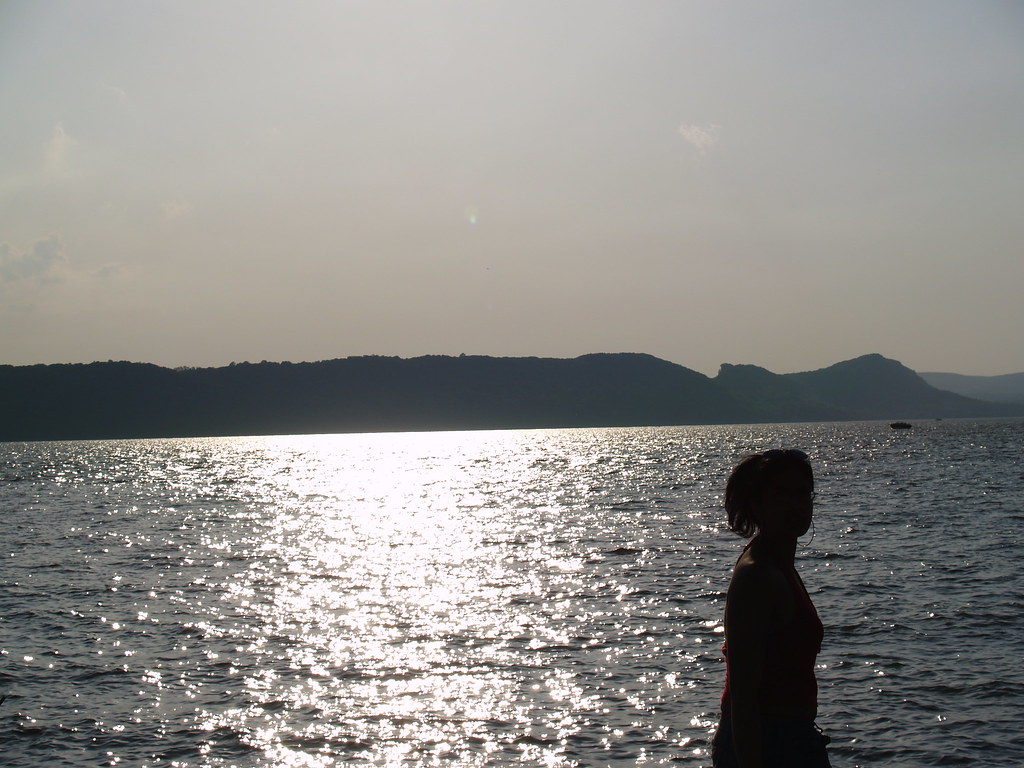
The San Jose Mercury News office. Photo by Martin Gee.
As someone who works for print newspapers and magazines as a writer and designer, I believe in print media. Of course, I know print in the future will never be the same with the creation of the internet and online news, but there's something nice and solid about having a newspaper in your hand. You can't read the news online while you're on the subway or while you're waiting for someone outside, you just can't. In terms of design, there's so much thought put into the layout, like picking and positioning the photographs, typeface, headline size, deciding which article goes where in terms of the importance of the story and the quality of the photograph (you can't have a shitty front page picture), and just so much more. It's an art. Sure, it's the same with websites, but there's more weight to printed papers.
That's why all the stories about the decline of print make me sad--the changes within printed newspapers like the slimming down of the New York Times, the layoffs at major publications like the New York Times, the Los Angeles Times and the San Jose Mercury News (pictured above and here) and newspapers shutting down their printing productions and focusing on line, like the Capital Times of Madison, Wisconsin. Jobs are even being outsourced to India.
There really isn't anything that could be done about it. Newspapers aren't making that much money--the cash is in the web. That's why, while I don't like the design of the new table of contents pages of the New York Times (expanded to about two pages), I do appreciate and understand the need for it. It creates a much-needed link between print and the web. By using both mediums to their full-potentials, maybe print has a fighting chance, at least, I hope.















